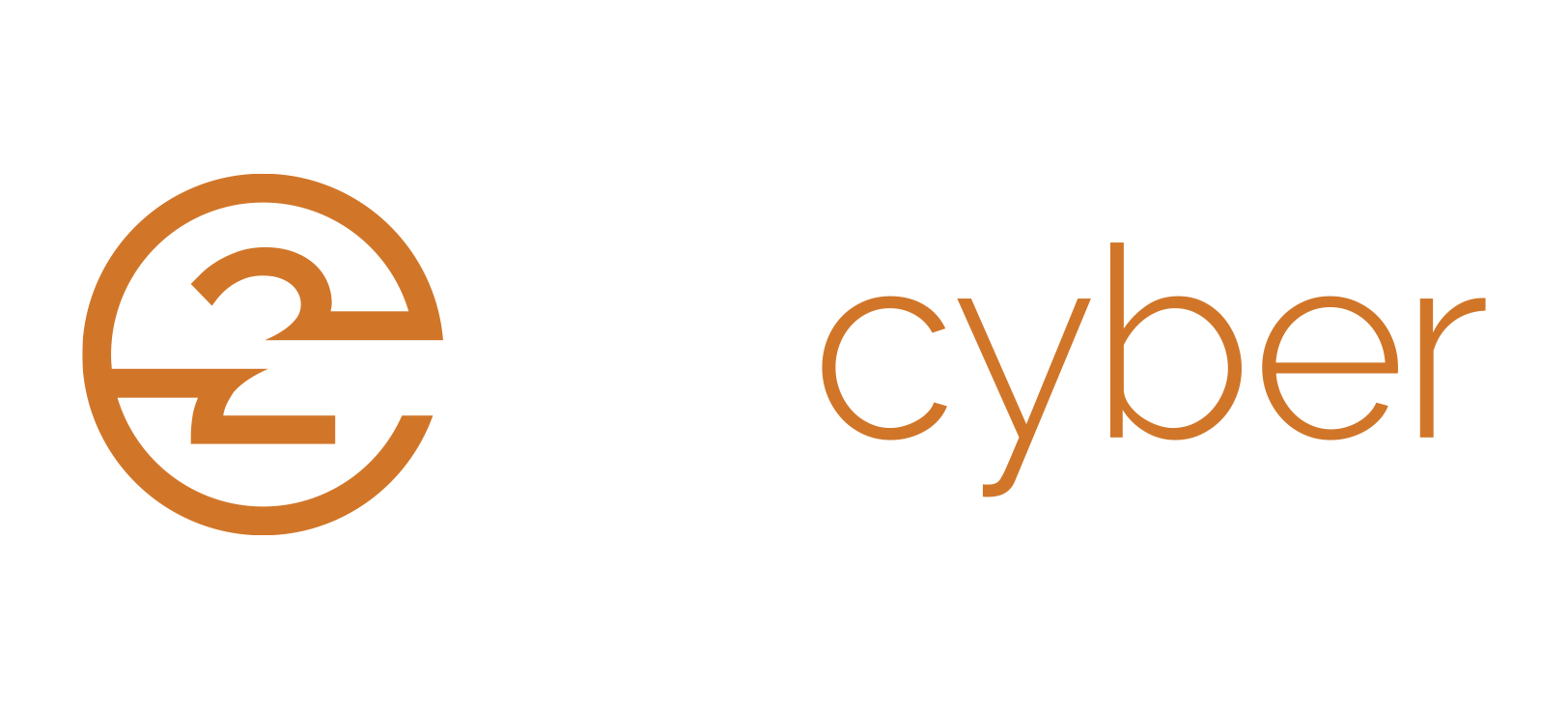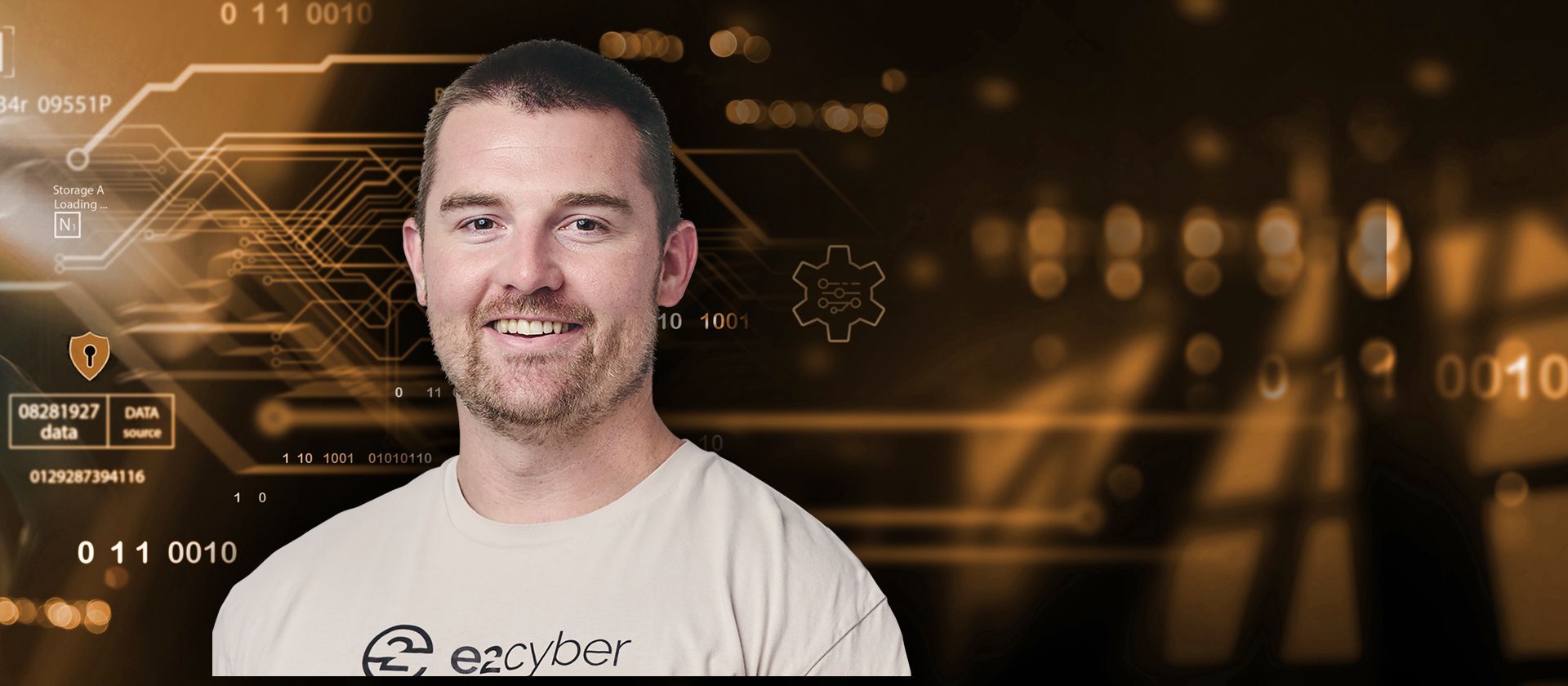
READ THE SNAPSHOT
- An effective and therefore successful cyber team requires careful and considered planning and execution which starts at the top with a thorough understanding of the needs and goals of your organisation.
- A strategic approach to recruitment, training and development and retention is needed for your team to be successful.
- No amount of planning and execution will replace a team that fosters collaboration and inclusion.
How to Build an Effective Cyber Team
Focussed solely on cyber security recruitment, we know and thing or two about building a robust and effective cyber team. To be successful in not only building, but maintaining an effective team, requires careful planning, a clear understanding of your organisation's needs, and a strategic approach to recruitment, training and retention. Here's our guide for your success:
Define Team Purpose and Scope
Scope and purpose are essential to enhancing team effectiveness as they provide clear direction, set boundaries, and everyone has the same information. This starts at the top, with a thorough understanding of the needs and goals of the organisation. These could include protecting sensitive data, ensuring compliance with regulations, or mitigating potential threats. Once these are determined at organisational level, it shapes the scope and purpose for your cyber security team. These drill down to specific areas to manage and maintain, such as threat detection, incident response, network security, compliance, and risk management.
Establish Key Roles and Responsibilities
Once you’ve established the purpose and scope of the team, each individual contributor needs clarity on their key role and responsibility, and how it fits within the cyber security team. As the manager of the team, your role is to set the strategy, ensure alignment with the organisation's overall goals and lead and coach the members of the team.
The team could be made up of cyber engineers, architects, network specialists, or offensive security roles such as penetration testers. You will most likely have internal GRC specialists and include some members at entry level to support the teams initiatives. However your team is structured, be clear in roles, responsibilities and chains of command.
Hire Talented Professionals
Getting the right mix of expertise in your team is essential to its success! Once you’ve defined the key roles and responsibilities, it is easy to pull together job descriptions that specify skills, qualifications and experience required for each role. Know what skills are essential to bring in, and what skills can be taught internally to upskill across the team. If managing the hiring process internally, use multiple recruitment channels, such as job boards, your cyber network, and partnerships with universities to find your candidates. For the more niche skills in cyber, lean on the expertise of a cyber specialist recruitment agency like us! However you go about your recruitment, it is important to have a targeted and efficient process to secure top talent.
Invest in Training and Development
Keeping the team’s skills up to date will not only support the outcomes of the team, but will also feed into your retention plan. Provide opportunities for continuous education, whether that be internally with workshops, or leaning on external platforms such as cyber conferences, or certification programs like CISSP, CISM, and CompTIA A+. Encourage knowledge sharing and on-the-job training and coaching to foster skill development, ensuring the team are given time to dedicate to this. You could also conduct regular penetration testing and red team/blue team exercises or participate in CTF’s to practice incident responses and improve the team's resilience.
Foster a Collaborative Culture
You can’t have a successful team if there’s no collaboration – as they say, there’s no “I” in TEAM! Promote open communication and collaboration and encourage a proactive approach to problem-solving and innovation. Provide support and mentorship to help team members grow in their roles, and to develop professionally. And don’t be afraid to call out behaviour that doesn’t foster collaboration and inclusion.
Implement Effective Tools and Technologies
Your team needs to have the right tools and technology to be able to effectively perform their roles. Implement Security Information and Event Management (SIEM) tools for real-time monitoring and analysis of security alerts. Deploy advanced endpoint protection solutions to safeguard devices and use Intrusion Detection Systems (IDS) and Intrusion Prevention Systems (IPS) to detect and prevent unauthorised access. Ensure that sensitive data is encrypted both in transit and at rest to protect it from potential threats.
Develop and Enforce Policies and Procedures
Developing and enforcing comprehensive security policies and procedures ensures both the team and the organisation understands their part in defending and improving the cyber security posture. These should align with industry standards and best practices. Create an incident response plan that is regularly updated to quickly and effectively handle security breaches and ensure ongoing compliance with relevant laws, regulations, and standards.
Regularly Assess and Improve Cyber Skills
To maintain a strong cyber security posture and be an effective team, regularly assess and improve your strategies and processes. Establish key performance indicators (KPIs) to measure the effectiveness of your cyber security team and ask for 360 feedback to learn where you as the leader can improve and grow. Conduct regular security audits and risk assessments to identify and address vulnerabilities, keeping updated with the latest cyber trends and technologies, and continuously work towards improving your cyber security strategies.
Retain Your Cyber Talent
You’ve done all this hard work to pull together the right mix of people so you want to ensure you do everything you can to retain your top talent for the stability and effectiveness of the cyber security team. Ensuring salaries and benefits remain competitive will support both attracting and retaining skilled cyber professionals, as will providing clear paths for career advancement and outlining professional development opportunities to keep them interested and motivated. Fostering a positive work environment that values and rewards hard work and innovation will contribute to the overall job satisfaction and retention of everyone in your team, including you!
By following these steps, you can build a highly skilled and effective cyber team capable of protecting, defending and improving your security posture. If you are looking to build out your own team or would like any cyber recruitment or workforce planning support, get in touch with our team for a chat.
Ready to secure the skills to protect and defend your business? Or looking for your next exciting cyber role? Whether it's for long or short-term contracts or a permanent role, we are Australia's top Cyber Security recruitment agency, committed to providing the best talent and expertise to meet your needs.




